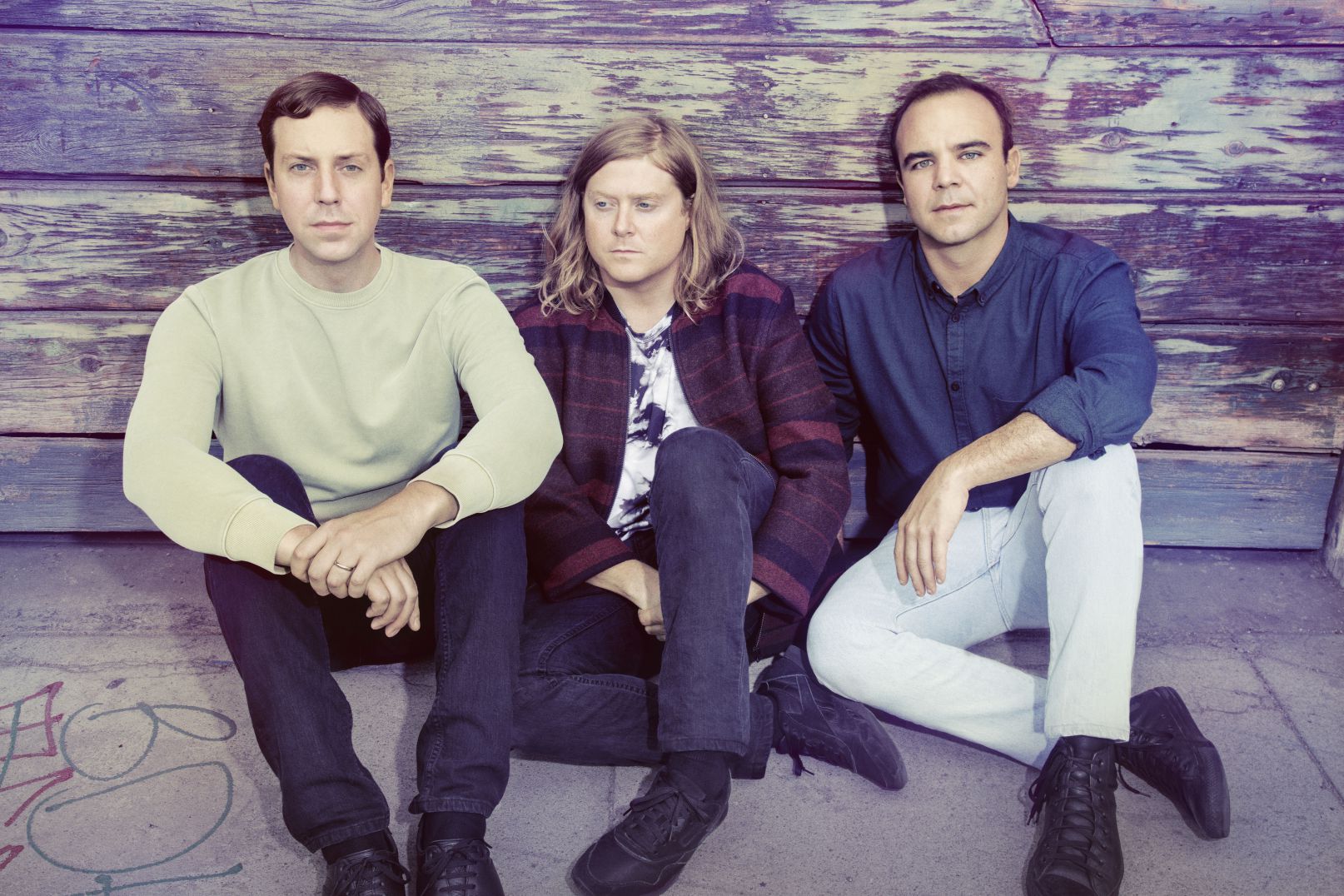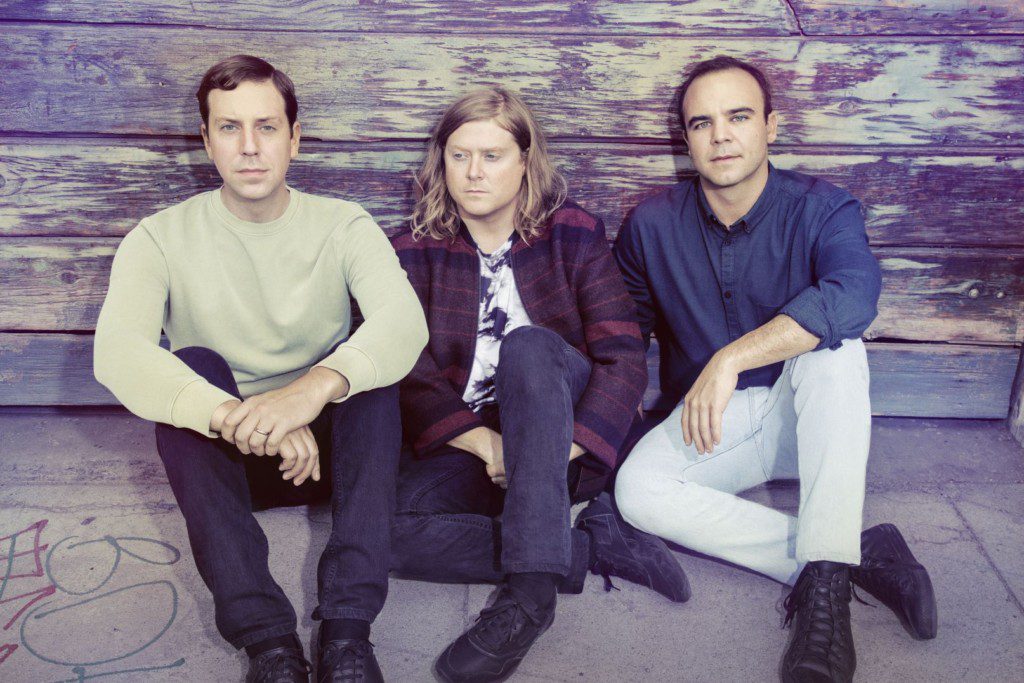
“It’s not easy, just being human, and the lights and the smoke and screens,” sings Sam Herring on Future Islands’ latest record, The Far Field. It isn’t. Our lives are a sloppy amalgamation of highs and lows, love and hate, obsession and apathy. In essence, this record faces this reality head on: it’s a devastatingly beautiful case study on love and infatuation, the thin line that separates them, and the sting that comes close behind.
Musically speaking, this is the Baltimore band’s final descent into straight indie-pop. With five albums under their belt already, it’s difficult to find anything else to reinvent, audibly speaking. And so they dig deeper, doing what they do best even better – pairing impossibly catchy tracks with deeply moving, emotionally insightful lyrics. Yet the catchiest songs on the record – “North Star” and “Shadows” (featuring Debbie Harry!) – are not the most compelling. It’s because they lack the sheer emotional depth and the stark truth of the other tracks that hammer home the difficulty of our humanity. We fall too easily; we fail to stay neutral by our very nature, and oftentimes that hurts us.
This becomes apparent right off the bat with opening track “Aladdin,” on which Herring sings “I built a ship for two / It waits for me and you” before he asks “Is it real?” He wants, he builds the ship, he projects the relationship he wants onto whomever “you” is before he can even really know what “you” thinks or feels. And don’t we all do that? It’s the way we idealize situations and people; we imagine the reality we’d like to live in, all the while forgetting that’s not how life works. And when actual reality crashes down upon us, it hurts.
This obsessive imagination touches on nearly every track of the record, opening scab after scab while you realize you’ve felt every feeling he describes. “Beauty of the Road” captures the way it’s sometimes hard to remember the last time you saw someone because you never imagined it could possibly be the last time, boiled down to one wistful line: “I never thought you’d really go.” On “Cave” he sings “All I hold is all I own,” one of those rare moments on the record where he removes his rose-tinted glasses to face the stark reality of our solitude. We can’t make anyone do or feel anything, and our suffering is often a direct result of refusing to accept that. It’s those light and smoke and screens he mentioned earlier – life is by nature uncertain, and this uncertainty is uncomfortable to live with. But he acknowledges our ability to let go of this, to accept the fact that we can’t control anything but ourselves. On “Ancient Water” he sings “Too many wasted days and nights, obsessed with the flickering moments of my life, forgetting what giving and living can be–what it can mean, first forgiving myself…” It’s the moment we realize rumination doesn’t serve us, that we aren’t chained to the memory of what was and that we’re “strong enough to be free.”
After all of this – the idealization, the denial, and ultimately the self-realization and forgiveness – the greatest irony of all is that the last word on The Far Field is “stay,” leaving us to wonder what it would be like if life actually worked that way. It’s a moment of terrifying realization: that no matter how much we say we’ve gotten over it, our past is still a vital aspect of who we are and it’s nearly impossible to truly let anyone go. It may seem as easy as asking them to stay, but Herring’s lyrics remind us that life’s beauty resides in the complications.
The Far Field is out now via 4AD. Check tour dates here.


